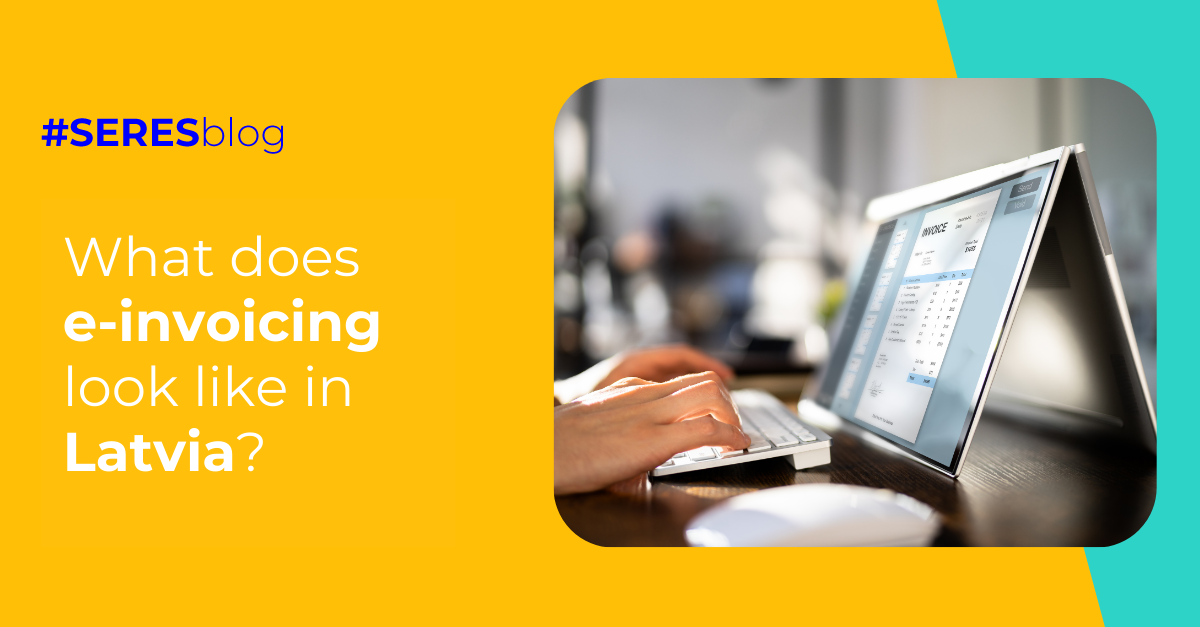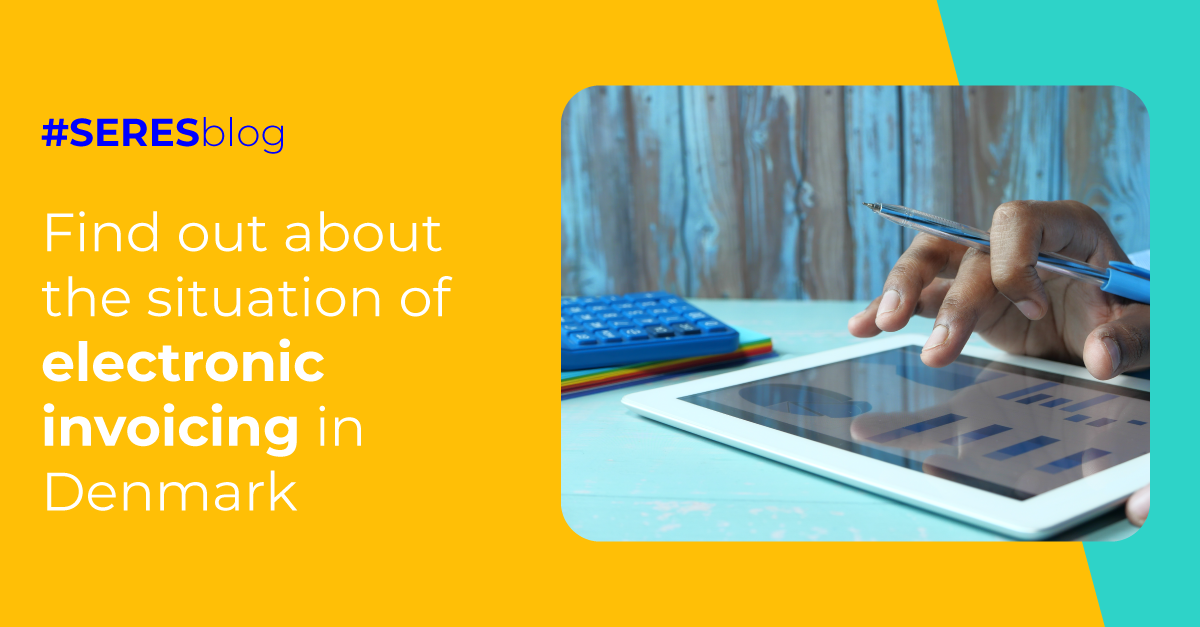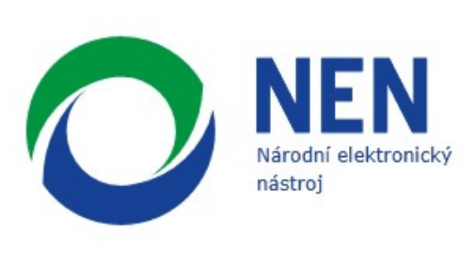E-invicing in the UK will become official in April 2029
The UK government has confirmed in its 2025 Budget that, as of April 1, 2029, all businesses must issue VAT invoices in a standardised electronic format.
As part of HMRC's ongoing commitment and investment, a comprehensive roadmap outlining the implementation of electronic invoicing will be developed and published in the 2026 Budget.
HMRC (HM Revenue & Customs) has already launched a public consultation to begin promoting electronic invoicing for government agencies and businesses. The programme ran for a period of 12 weeks, from 13 February to 7 May 2025.
The goal of this consultation was to learn about the different approaches to e-invoicing and how they can be adapted to UK taxpayers' businesses and their customers.
In regard to the billing model, it is probable that the UK will adopt a voluntary standards approach, including PEPPOL. Furthermore, it may adopt a similar approach to that of Belgium, implementing a two-step model.
Businesses can use the PEPPOL network to send business-to-business e-invoices. Digital reporting to the tax authorities with e-invoice details will be added later.
Another of the government's pending tasks is to close the £8.2 billion VAT gap. In order to achieve this, it is assessing the possibility of establishing nationwide rules and making e-invoices mandatory in all areas. It should be noted that UK taxpayers can already voluntarily use e-invoices in B2B transactions if there is a mutual agreement between the parties.
The background to e-invoicing in the UK
E-invoicing in the United Kingdom began to take shape in 2010 with the establishment of the National e-Invoicing Forum. This forum aimed to promote electronic invoicing in both the public and private sectors of the country.
The initiative gained significant relevance with the national implementation of Directive 2014/55/EU, which focused on e-invoicing in public procurement. This was followed in 2015 by the adoption of the Small Business, Enterprise and Employment Act, which enabled the regulation of e-invoicing in the business-to-government (B2G) sector.
There is currently no single or central platform for e-invoicing in the UK, but if e-invoicing is introduced, central and local government will be able to:
- Use a supplier solution based on a three-cornered model, where they work on a common platform and are supported by agreements with other suppliers.
- Set up an internal e-invoicing system for direct submission.
Electronic invoicing in England
In England, e-Invoicing is only mandatory in the healthcare sector. The National Health Service (NHS) is phasing in e-Invoicing for different types of healthcare providers.
In addition, all healthcare providers are required to have a Peppol Access Point to operate within the Peppol network and a GLN (Global Location Number) and GTIN (Global Trade Item Number) code for their products and services.
Electronic invoicing in Scotland
The government offers an e-invoicing solution called PECOS P2P, which accepts PDF invoices that have been generated and issued by a supplier. PECOS P2P also converts them into an XML file.
Electronic invoicing in Wales
Thanks to the efforts of the eProcurement Service, the adoption of electronic invoicing is progressing rapidly. The public sector has embraced a range of solutions such as Finance/P2P, EDI or Smart PDF. In addition, the Crown Commercial Service (CCS) has offered public sector organisations a PEPPOL framework to streamline the introduction of e-invoicing.
What is Making Tax Digital?
Making Tax Digital is a programme that requires businesses to submit their VAT returns to HMRC electronically using compatible software.
From 1 April 2022, businesses with a turnover of less than £85,000 will be required to file their VAT returns electronically. In addition, by April 2026, small businesses, the self-employed and property owners with an income of more than £50,000 will be required to keep digital records and provide quarterly updates. Similarly, those with an income between £30,000 and £50,000 will have to meet these requirements from April 2027.



